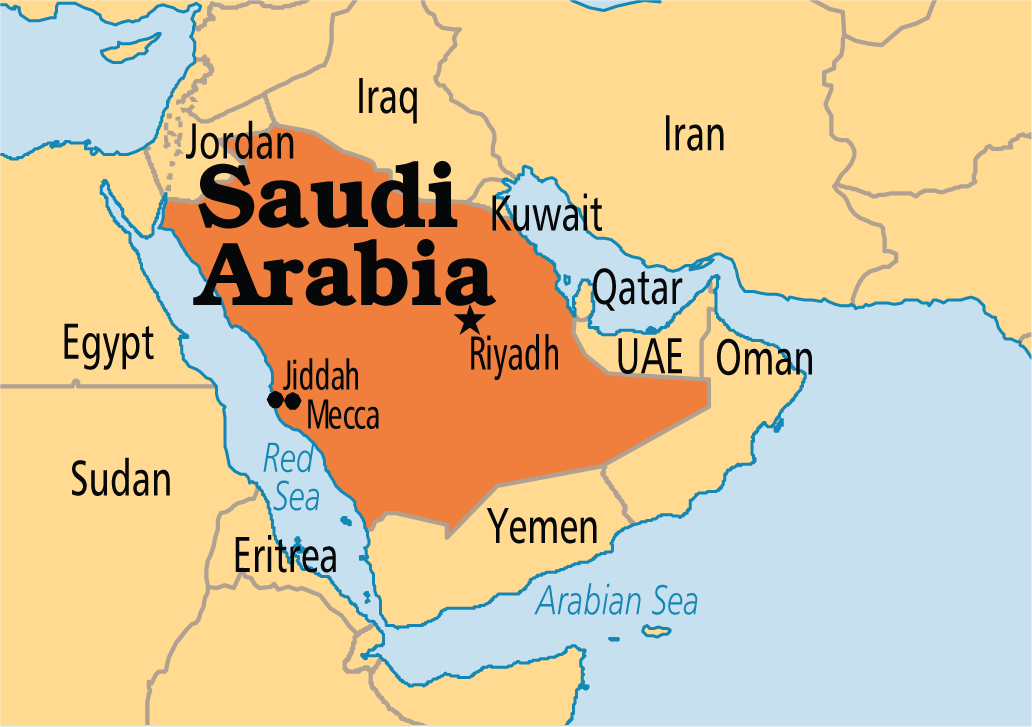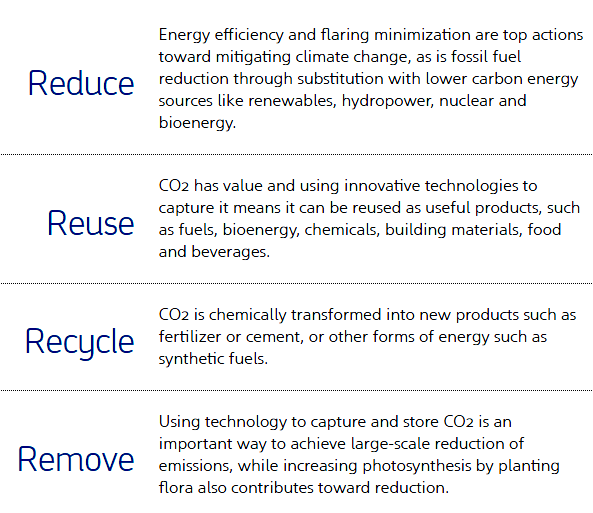Biodiversity & Environment
Net Zero Target of Saudi Arabia
- 26 Oct 2021
- 4 min read
Why in News
Recently, Saudi Arabia, one of the world’s largest oil producers, announced that it will reach “net zero” greenhouse gas emissions by 2060.
- The announcement came at the start of the kingdom’s first-ever Saudi Green Initiative (SGI) Forum. SGI aims to raise the vegetation cover, reduce carbon emissions, combat pollution and land degradation, and preserve marine life.
Key Points
- Saudi Arabia’s Target:
- Aims to reach zero-net emissions by 2060 under its circular carbon economy programme while maintaining its leading role in strengthening security and stability of global oil markets.
- That approach focuses on still unreliable carbon capture and storage technologies over efforts to actually reduce global reliance on fossil fuels.
- It would join a global initiative on slashing emissions of methane by 30% from 2020 levels by 2030, which both the United States and the European Union (EU) have been pressing (Global Methane Pledge).
- Aims to reach zero-net emissions by 2060 under its circular carbon economy programme while maintaining its leading role in strengthening security and stability of global oil markets.
- Net Zero Target:
- About:
- Net-zero, also means carbon neutrality, is a state in which a country’s emissions are compensated by absorption and removal of greenhouse gases from the atmosphere.
- It does not mean that a country would bring down its emissions to zero. That would be gross-zero, which means reaching a state where there are no emissions at all, a scenario hard to comprehend.
- Concerns:
- According to a recent report (Tightening the Net) by Oxfam International, announcing Net Zero Carbon Targets may be a dangerous distraction from the priority of cutting carbon emissions.
- Over 100 countries have set or are considering net-zero emissions or neutrality targets.
- According to a recent report (Tightening the Net) by Oxfam International, announcing Net Zero Carbon Targets may be a dangerous distraction from the priority of cutting carbon emissions.
- About:
- India’s Case:
- India is now the fourth-largest emitter after China, United States and the European Union, and as per IPCC’s Sixth Assessment Report, it will be among the most severely affected countries.
- India has committed to reducing the emission intensity of its Gross Domestic Product (GDP) by 33-35% by 2030 and having 175 gigawatt renewable energy capacity by 2030 under the Paris Agreement of 2016.
- India is not likely to follow the much-advocated net-zero plan but would rather dwell on improvising goals for the transition towards green energy.
- India believes in the principle of ‘common but differentiated responsibility’ , as per which the developed countries must take the first steps to reduce their emissions drastically. In addition, they should compensate the poorer countries by paying for the environmental damage due to their past emissions.
- According to a recent study by the think tank Council for Energy Environment and Water projects, for India to achieve the net zero target even by 2070, usage of coal, especially for power generation, will need to peak by 2040 and drop by 99% between 2040 and 2060.
Circular Carbon Economy
- A circular carbon economy is a framework for managing and reducing emissions. It is a closed loop system involving 4Rs: reduce, reuse, recycle, and remove.








